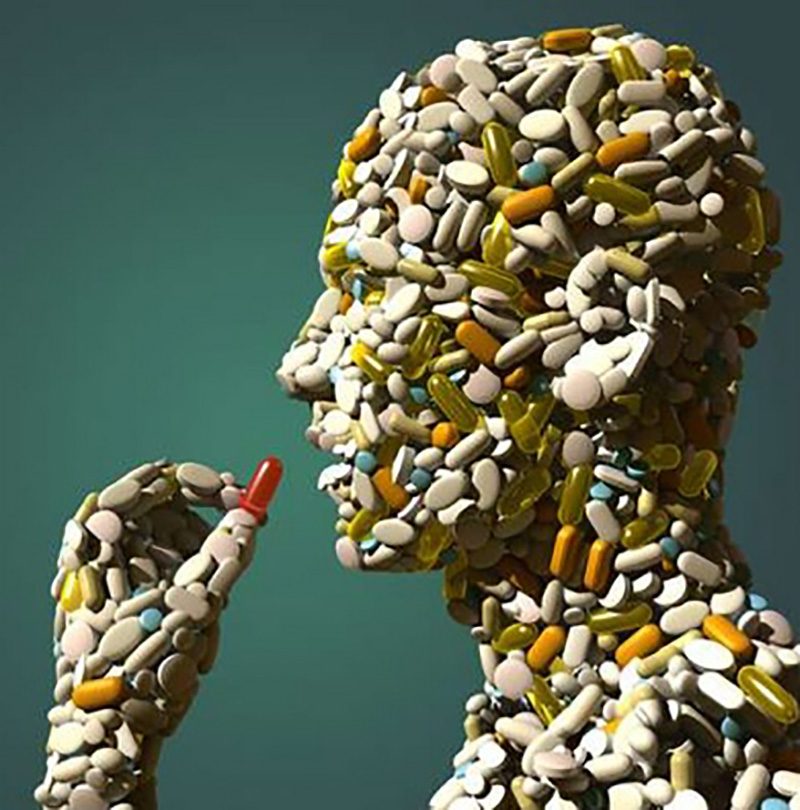Published on January 06, 2015 By AN Staff
 Concerns over addiction and drug abuse are causing some primary care physicians (PCPs) to prescribe fewer opioids for chronic pain, according to a recent national survey on prescription drug abuse.
Concerns over addiction and drug abuse are causing some primary care physicians (PCPs) to prescribe fewer opioids for chronic pain, according to a recent national survey on prescription drug abuse.
The clinical use of prescription opioids for treating chronic pain nearly doubled from 2000 to 2010, along with an increase in opioid abuse, addiction, injury and death, wrote researchers from Johns Hopkins Bloomberg School of Public Health, in Baltimore. They conducted the survey to examine PCP beliefs and self-reported practices for prescription opioids because PCPs “play a critical role in maximizing the safe use of these products.” The survey was mailed to 1,000 practicing internists, family physicians and general practitioners identified using the American Medical Association Masterfile.
The survey had an adjusted 58% response rate. Of the respondents, 90% said prescription drug abuse is a “big” or “moderate” problem in their communities; 85% said opioids are overused in clinical practice; and 45% reported being less likely to prescribe opioids compared with one year ago. Eighty-eight percent felt confident in their own clinical skills to accurately prescribe opioids—49% reported being at least “moderately” comfortable using these drugs for chronic noncancer pain.
The researchers found that the PCPs “appear to recognize many elements of the prescription drug abuse epidemic, such as the high prevalence of adverse outcomes associated with opioid use.” Many of the respondents (65%-84%) reported being “very” or “moderately” concerned about potential opioid-related adverse patient outcomes: addiction (55%), death (48%) and motor vehicle accidents (44%).
“Our findings suggest that primary care providers have become aware of the scope of the prescription opioid crisis and are responding in ways that are important, including reducing their overreliance on these medicines,” lead study author G. Caleb Alexander, MD, MS, an associate professor of epidemiology at the Johns Hopkins Bloomberg School of Public Health and co-director of Johns Hopkins’ Center for Drug Safety & Effectiveness, said in a press release. “The health care community has long been part of the problem and now they appear to be part of the solution to this complex epidemic.”
The researchers noted self-reporting and responses being prone to socially desirable response bias as some of the limitations to the study. The findings were reported online on Dec. 9 in JAMA Internal Medicine.




